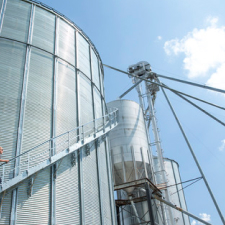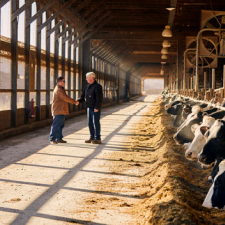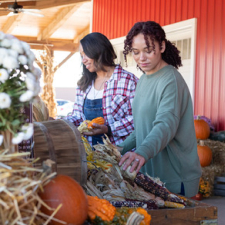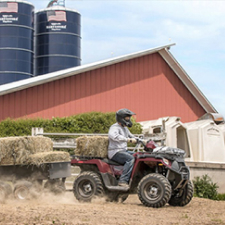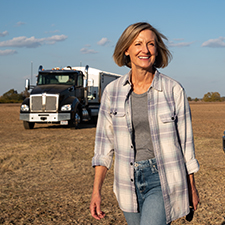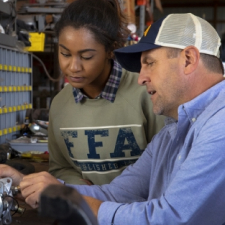Trending

How artificial intelligence is transforming cattle farming
Learn how AI can enhance nutrition, herd health, reproduction and business analytics to optimize your cattle operations.
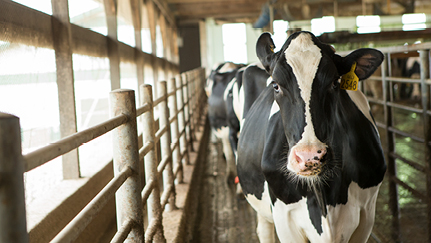
The changing landscape of U.S. dairy: migration, innovation and opportunity
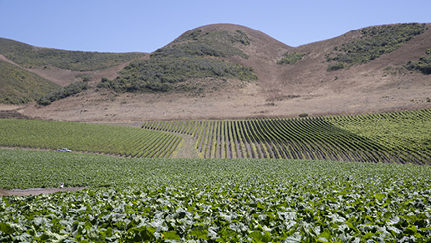
Regenerative farming 101: What to know if you’re making the switch

The importance of immediate workers' compensation reporting
Stay current with industry-leading agricultural insights
-
Business and operations
Stay up to date on industry trends, identify business opportunities and run a more profitable operation.
-
Financial planning
What to know to make informed financial decisions for you, your family and your business.
-
Insurance
Understand farm insurance and the types of operations we insure.
-
Farm and ranch living
Discover how the ag community comes together to support the future of agriculture.
